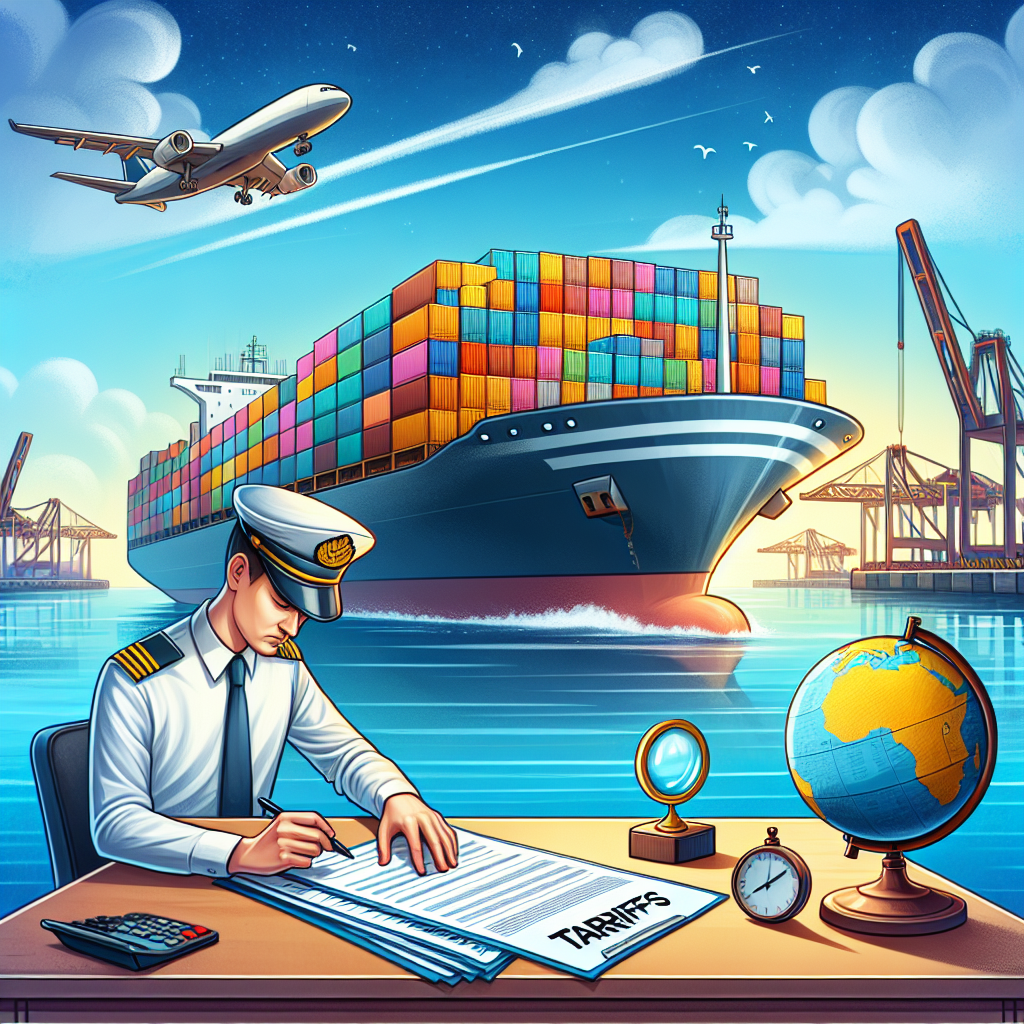Trump's Tariff Turmoil: Navigating the Economic Emergency
President Donald Trump's imposition of global tariffs has disrupted international supply chains, affecting U.S. companies and trade economics. As the U.S. Supreme Court reviews their legality, arguments suggest these tariffs boost national security but also pose financial challenges. Companies must strategize to maintain economic stability amidst potential policy changes.

U.S. businesses are grappling with new economic realities as President Donald Trump's tariffs continue to reshape global trade dynamics. OTC Industrial Technologies, among other firms, finds its supply chain disrupted, blaming escalating tariffs across various countries as a major challenge to sustain operations.
The legality of these tariffs is under scrutiny by the U.S. Supreme Court, which questions Trump's authority under the 1977 International Emergency Economic Powers Act. Although lower courts opposed the tariffs, the administration argues they are crucial for national security and economic stability.
Anticipating potentially significant impacts from the court's decision, companies already face tariff-related financial strains. Meanwhile, international trade negotiations are ongoing, with countries like South Korea and China working towards solutions, reflecting the ongoing complexity in global trade under current U.S. policies.









